Search
Did you mean: Tallit?
Search Results
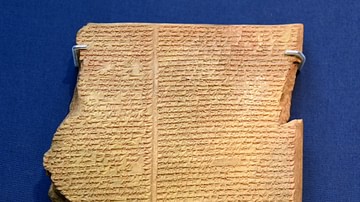
Article
The Eternal Life of Gilgamesh
The Epic of Gilgamesh is among the most popular works of literature in the present day and has influenced countless numbers of readers but, for the greater part of its history, it was lost. The Assyrian Empire fell to a coalition of Babylonians...
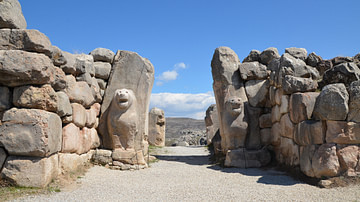
Interview
Interview: The Mysterious Bronze Age Collapse with Eric Cline
The decline of the Late Bronze Age civilizations of the Mediterranean and Near East has puzzled historians and archaeologists for centuries. While many have ascribed the collapse of several civilizations to the enigmatic Sea Peoples, Professor...
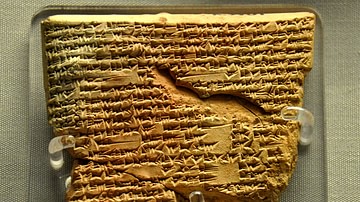
Article
Sargon and Ur-Zababa
Sargon and Ur-Zababa is a Sumerian poem, date of composition unknown, relating the rise to power of Sargon of Akkad (r. 2334-2279 BCE), founder of the Akkadian Empire. The work is classified as a Mesopotamian folktale, relying on motifs such...
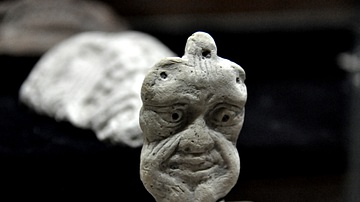
Article
Dialogue of Pessimism
The Dialogue of Pessimism (c. 1000 BCE) is a Babylonian poem featuring a master and his slave in ten exchanges during which the master proposes an action, and the slave gives reasons for and against its pursuit. The piece has been interpreted...
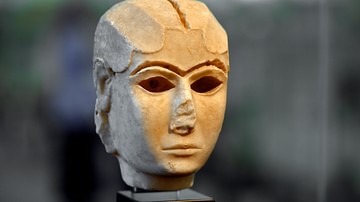
Article
The Iraq Museum & Three Wars: Three Steps from Hell
This article documents and elaborates on the many critical behind-the-scenes events, unknown to the public, before the history leaves us. The author The bulk of the “the land between the two rivers” lies in what we call today the Republic...
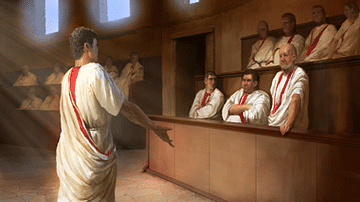
Definition
Twelve Tables
The Twelve Tables (aka Law of the Twelve Tables) was a set of laws inscribed on 12 bronze tablets created in ancient Rome in 451 and 450 BCE. They were the beginning of a new approach to laws which were now passed by government and written...

Definition
The Hittites
The Hittites occupied the ancient region of Anatolia (also known as Asia Minor, modern-day Turkey) prior to 1700 BCE, developed a culture apparently from the indigenous Hatti (and possibly the Hurrian) people, and expanded their territories...

Definition
Pompeii
Pompeii was a large Roman town in Campania, Italy which was buried in volcanic ash following the eruption of Mt. Vesuvius in 79 CE. Excavated in the 19th-20th century, its excellent state of preservation gives an invaluable insight into Roman...

Definition
Persepolis
Persepolis was the capital of the Persian Achaemenid Empire from the reign of Darius I (the Great, r. 522-486 BCE) until its destruction in 330 BCE. Its name comes from the Greek Perses-polis (Persian City), but the Persians knew it as Parsa...
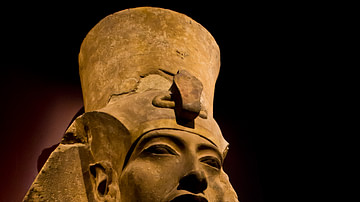
Definition
Amarna Period of Egypt
The Amarna Period of ancient Egypt was the era of the reign of Akhenaten (1353-1336 BCE), known as 'the heretic king'. In the 5th year of his reign (c. 1348 BCE), he issued sweeping religious reforms which resulted in the suppression of the...